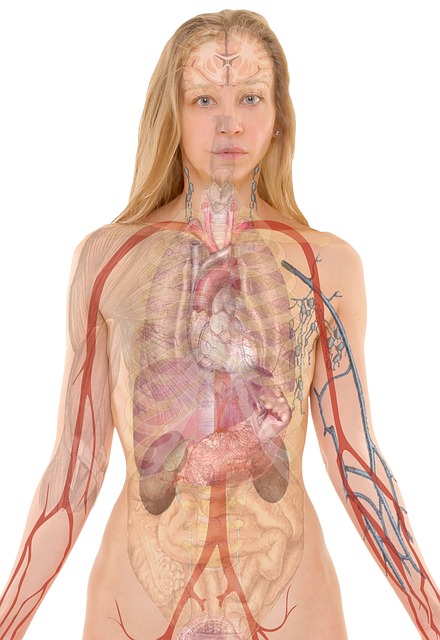The human body has a total of 78 organs. These organs are grouped into five major organ systems, including the nervous system, the circulatory system, the respiratory system, the digestive system, and the urinary system. Each of these systems is made up of a number of organs that work together to perform specific functions that are essential for maintaining the overall health and functioning of the body. Some of the most important organs in the human body include the heart, the lungs, the liver, the stomach, the kidneys, and the brain.
Skin, the biggest organ
The biggest organ in the human body is the skin. The skin is the body’s largest organ, and it performs a number of important functions, including protecting the body from external threats, regulating body temperature, and maintaining hydration. The skin is also an important sensory organ, providing the body with the ability to feel sensations like touch, pain, heat, and cold. The skin covers an average area of about 1.5-2 square meters in adults, and it accounts for about 16% of the body’s total weight.
The second biggest organ in the human body is the liver. The liver is located in the upper right part of the abdomen, and it performs a number of important functions, including filtering toxins from the blood, storing glycogen (a source of energy), and producing bile to help digest fats. The liver is an incredibly important organ, and it plays a key role in maintaining the overall health of the body. The liver is about the size of a football, and it weighs about 1.3-1.5 kilograms in an adult.
Pineal Gland, the smallest organ in the human body
The smallest organ in the human body is the pineal gland. The pineal gland is a small endocrine gland that is located in the brain, near the center of the head. It is about the size of a pea, and it weighs about 0.1 grams. The pineal gland produces melatonin, a hormone that helps regulate the body’s sleep-wake cycle. It is an important organ, despite its small size.

